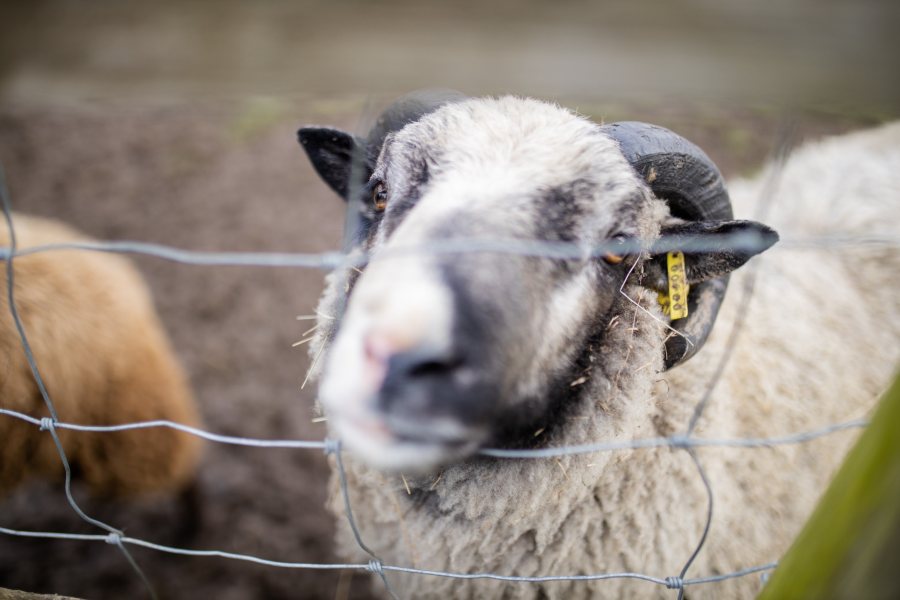
The ban on the live export of animals has come into effect, meaning it is now illegal to export livestock for slaughter and fattening from Great Britain.
The Animal Welfare (Livestock Exports) Act applies to journeys from, and transit journeys through, GB to destinations outside of the UK, the Channel Islands, and the Isle of Man.
The legislation, which was created by the previous Conservative government, does not apply to Northern Ireland.
While the ban affects the export of cattle, sheep, pigs, goats, and horses for fattening and slaughter from GB, it does not prevent the export of livestock and horses for breeding or competitions.
Defra said this ban, which came into law in May 2024, would “protect animals from enduring stress, exhaustion and injury on long and unnecessary export journeys”.
It added the legislation would "ensure that animals are slaughtered domestically in high welfare UK slaughterhouses, reinforcing our position as a nation of animal lovers and a world leader on animal welfare, boosting the value of British meat and helping to grow the economy."
The new Labour government said it was committed to introducing the "most ambitious" programme for animal welfare, including banning "brutal practices" such as puppy smuggling and farming, and the use of snare traps.
Baroness Hayman of Ullock, who was appointed parliamentary under-Secretary of State at Defra earlier this month, said: “For too long, animals have been left to suffer in silence.
“I have fought for many years for this legislation to be implemented. It represents a huge win for animal welfare, ending the cruel practice of exporting live animals for slaughter and fattening.
“No longer will British animals endure stress, exhaustion, and injury on long and unnecessary journeys abroad.
"These are just the first steps in our plans to implement the most ambitious programme for animal welfare in a generation.”
Government data shows up to 40 million farm animals, including sheep, calves and pigs, have been exported from Britain for further rearing or slaughter since the 1960s.
At its height, one million animals were being exported annually - and animals have travelled from ports such as Dover, Ramsgate and Brightlingsea.
Elsewhere in the world, Australia has committed to end the export of sheep by 1 May 2028.
Last year, a Brazilian court banned the export of live cattle from the country’s ports.
